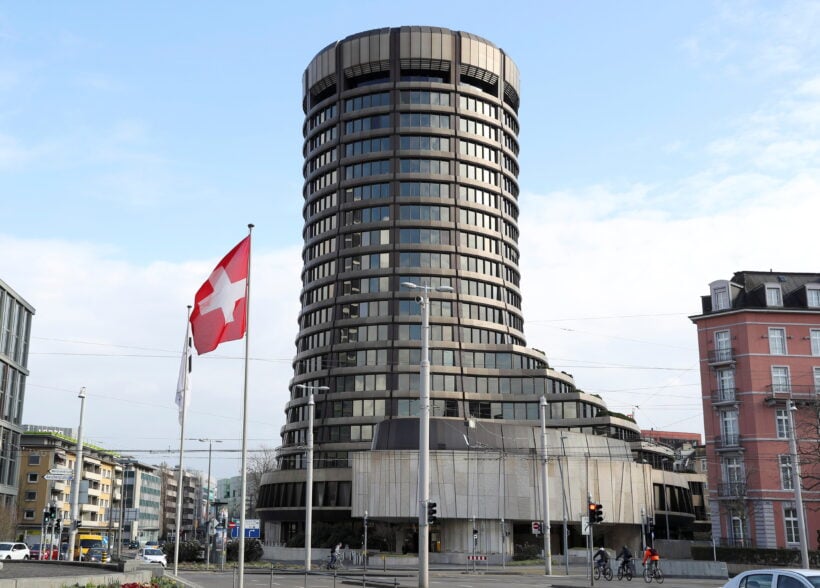
LONDON, June 25 (Reuters) – Central banks should embrace the benefits of artificial intelligence (AI) the Bank for International Settlements (BIS)has said, but stressed the technology should not replace humans when it comes to setting interest rates.
In its first major report into the rapidly advancing world of AI, the central banking umbrella group said policymakers need to harness its immense power to monitor data in real time in order to “sharpen” their inflation-predicting abilities.
That was something found badly wanting in the wake of COVID-19 and Russia’s invasion of Ukraine when the U.S. Federal Reserve, ECB and other major central banks all failed to grasp the strength of the global inflation surge.
New AI models should reduce the risk of a repeat although their untested nature and the fact they can “hallucinate” mean they should not become robo-ratesetters, Cecilia Skingsley, a top official at the BIS, said.
“We like to hold humans accountable,” the former Swedish central banker said, referring to the crucial role borrowing costs play in society and the need for judgment.
“So I can’t really see a future where an AI will be setting (interest) rates.”
The BIS, often dubbed the central bankers’ central bank because of the joint work it does, already has eight projects involving AI.
Hyun Song Shin, its head of research and top economic adviser, said policymakers should not view it as “something magical” but did say it can help find needles in haystacks and spot vulnerabilities in financial systems.
The technology is also likely to radically reshape labour markets, impacting productivity and economic growth. Widespread adoption could see firms adjust prices more quickly in response to macro-economic changes with repercussions for inflation.
The BIS cautioned that AI also introduces risks, such as new types of cyber attacks, and may amplify existing ones, such as herding, bank runs and financial asset fire sales.
“The call for action to central banks is to foster a community of practice,” Shin said. “To share experience, to share best practice, but also to share data and the models themselves.”
(Reporting by Marc Jones; editing by Jason Neely)

